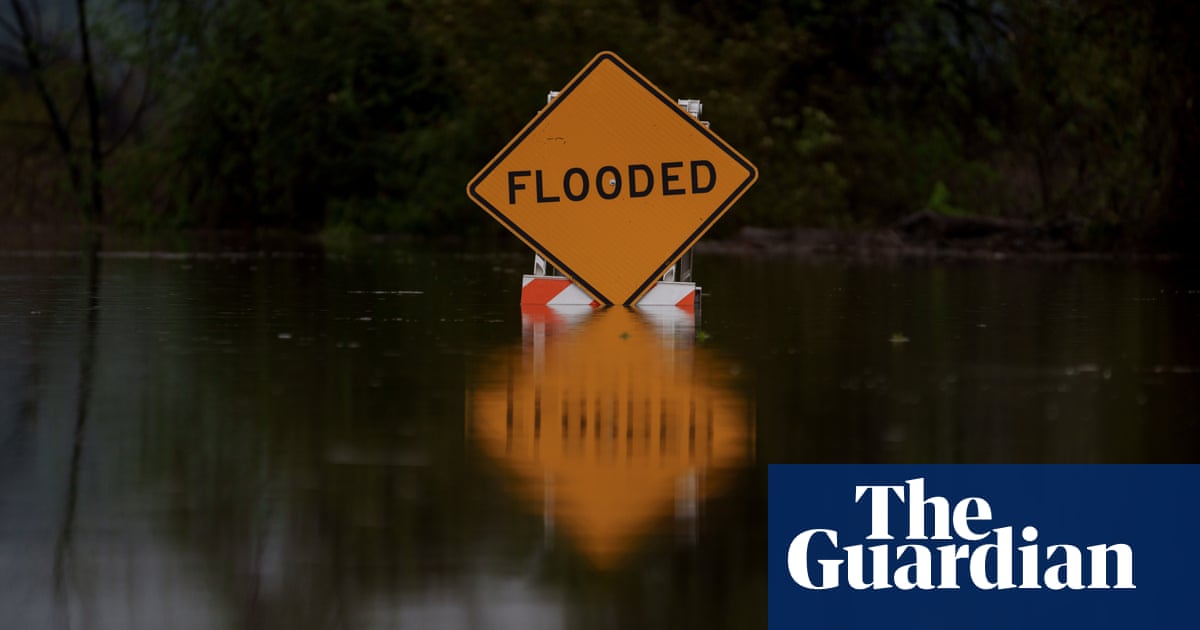- cross-posted to:
- politics@lemmy.world
- cross-posted to:
- politics@lemmy.world
Plan to break up Noaa claims its research is ‘climate alarmism’ and calls for commercializing forecasts, weakening forecasts
Climate experts fear Donald Trump will follow a blueprint created by his allies to gut the National Oceanic and Atmospheric Administration (Noaa), disbanding its work on climate science and tailoring its operations to business interests.
Joe Biden’s presidency has increased theprofile of the science-based federal agency but its future has been put in doubt if Trump wins a second term and at a time when climate impacts continue to worsen.
The plan to “break up Noaa is laid out in the Project 2025 document written by more than 350 rightwingers and helmed by the Heritage Foundation. Called the Mandate for Leadership: The Conservative Promise, it is meant to guide the first 180 days of presidency for an incoming Republican president.
The document bears the fingerprints of Trump allies, including Johnny McEntee, who was one of Trump’s closest aides and is a senior adviser to Project 2025. “The National Oceanographic [sic] and Atmospheric Administration (Noaa) should be dismantled and many of its functions eliminated, sent to other agencies, privatized, or placed under the control of states and territories,” the proposal says.
That’s a sign that the far right has “no interest in climate truth”, said Chris Gloninger, who last year left his job as a meteorologist in Iowa after receiving death threats over his spotlighting of global warming.



Turns out that’s not true- https://www.health.harvard.edu/blog/does-weather-affect-arthritis-pain-2019011715789
I was speaking from experience. My old tendinitis injury seems to return briefly whenever a cold rain is about to happen.
Edit:
lol. I’ll have to pay more attention in the future. I swear it’s true tho.
That’s a fair question. And it’s something I’ve even heard in TV commercials about headache medicines: “I don’t care about the research. I just know what works for me.” But it’s worth remembering that humans have a remarkable tendency to remember when two things occur or change together (such as wet, gloomy weather and joint pain), but remember less when things do not occur together. That rainy day when you felt no better or worse is unlikely to be so notable that you remember it. If you rely solely on memory rather than on more rigorous, data-based evidence, it’s easy to conclude a link exists where, in fact, none does.
Have you ruled out the possibility that the causality is reversed and you’re basically a god causing the rain when your tendonitis flares up? 😛
Seems more likely to me
I think you’ve figured it out. It’s a form of apophenia. (Don’t let the references to schizophrenia in the article fool you, apophenia is a basic human condition and we all do it sometimes.)
https://en.wikipedia.org/wiki/Apophenia
If it is true, I suspect it has to do with subtle atmospheric pressure changes that come with a storm.
It’s not my arthritis. It’s my scar tissue.